Ionel Bratianu (1864-1927)
Ionel Bratianu is widely regarded as the best politician Romania had in the early 20th Century, a man of vision who, together with King Ferdinand and Queen Marie, put Romania on the right track and gave the young state a new dimension

Steliu Lambru, 23.10.2017, 13:48
Ionel Bratianu was the eldest son of Ion C. Bratianu, one of the leaders of the 1848 Revolution in the Romanian Principalities and a politician who played a key role in the construction of modern Romania. He was born in 1864 and, just like his father, was trained as an engineer. He studied in France and got a degree in highway engineering. He went into politics at the age of 35, joined the National Liberal Party, and was a prime minister five times, which is the largest number of terms in office for a prime minister in the history of Romania. A Francophile, Ionel Bratianu was one of the most enthusiastic supporters of Romania joining the French-British Entente in World War I.
Radio Romanias Oral History Centre has a recording of Alexandru Danielopol, a law professional and diplomat, who met Bratianu as a child. The interview was recorded in 1995: “I am a member of the Bratianu family and I am proud of this. I was brought up in the spirit of this family, and I can tell you that the head of the family was not Ionel Bratianu, but Sabina Cantacuzino. She was the eldest child of Ion Bratianu, and she was a very smart person but also a very authoritative figure, and most people would do what she said. In fact, twice a year Sabina Cantacuzino would give dinners at her house, and no matter what everybody else was doing they all took part in these dinners. There was Ionel Bratianu, there were also his brothers Vintila and Dinu. I met Ionel Bratianu when I was a child. He and my father were very close, and my father tried to mediate between Gheorghe Bratianu, his first born son, and Ionel, but there was nothing he could do.
The formation of Greater Romania in 1918 offered Ionel Bratianu a huge level of public confidence and respect. Danielopol remembers an illustrative episode: “Ionel Bratianu was a man who fully capitalized on his standing. Let me tell you something that Ive seen from my window. One day, a group of protesters showed up, which was rather unusual in those times. They were booing, shouting, carrying banners, making all sorts of noises and so on. Uniformed policemen were present as well, with batons, but the strikers were not doing anything, they were just standing there in a semicircle up to Bratianus door, shouting. And out comes Bratianu, wearing a hat and a long fur coat. Without uttering a word, only with a wave of his hand, as if saying, ‘Let me through, he went out and everybody just stepped back in silence. It was just like in the Bible, with Moses parting the Red Sea waters. Bratianu reached the gate, turned around and told them, ‘Now leave, youre boring me! That is all he said, he didnt ask them what they wanted, what he could do for them, anything. He just passed through them like a ghost, or a saint, and everybody kept quiet. He slammed the doors behind him, as if to make a point. People just rushed away, there was no need for police intervention or anything. Thats what Ionel Bratianu was like!
Bratianu was also a man of culture, and nowadays his house in Bucharest hosts the Bratianu Cultural Centre. Alexandru Danielopol “Ionel Bratianu was an engineer, and a very good one, I must say. Before going into politics, he took part in the Cernavoda bridge construction works, as a young engineer. But while in Paris, he would spend much of his time at the National Library. He had connections there and he would check out books and read for nights. His outstanding knowledge was equaled by his love for Romania. And he was very determined to bring Romanian topics and themes to the forefront of the Romanian-French relations. It was because of Bratianu that we had fought on the side of France in the Great War, and he said not enough was being written about Romania, about the history of Romania. He had found some manuscripts at the National Library of France, with a story about the connections between Wallachia and France under Louis XIV, I dont remember exactly. And he would show this manuscript everywhere. While in Paris he also had time to go to museums, libraries and so on, and his bookcase in Bucharest comprised a complete collection of everything he had found as a student in France. He also loved arts, Romanian traditional art in particular. His house was full of paintings by important artists, and lots of other artifacts. But in his room he kept small items, such as a cross with an inscription in Cyrillic script. He kept it next to his bed, and my father told me he died looking at this cross.
Ionel Bratianu was a man of his time, whose intuition enabled him to guess the direction the world was moving in. He was the politician that any country would like to have.


























